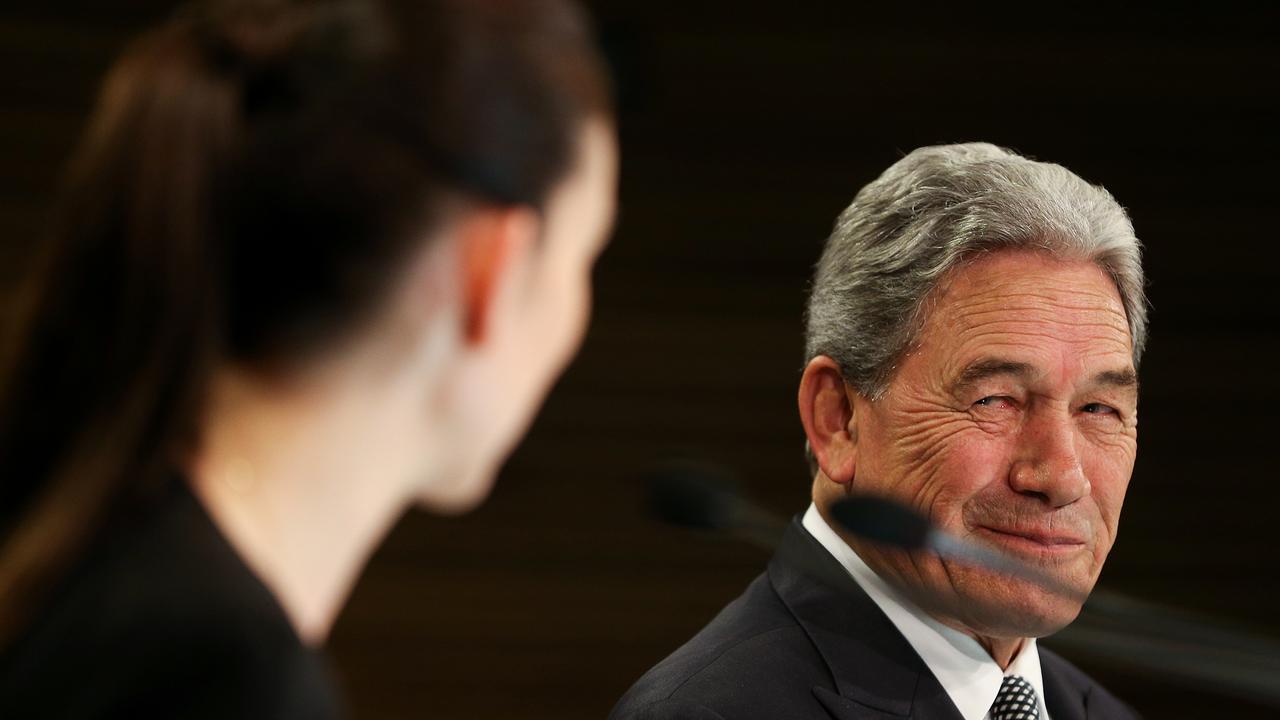Stuff the goat, Adele, we put the hat around and decided to buy you this lovely foot spa
Adele Horin in The Sydney Morning Herald yesterday:
LAST Christmas six million Australians received one or more presents they never used or later gave away, a new survey by the Australia Institute reveals. The institute's executive director, Richard Denniss, said unwanted presents represented a staggering $798 million waste of money, time and resources. "The growing culture of obligatory giving only brings joy to the big retailers and the big banks whose credit cards are largely funding the annual splurge," he said. "Millions of unused foot spas require enormous amounts of resources to manufacture and transport." On a more positive note, nearly four in five respondents would be happy for a donation to be made to a charity on their behalf instead of getting a present.
Tim Harford in the Financial Times, November 21 last year:
NOBODY has done more to damage relations between the joyous commercial festival that is Christmas and the economics profession than Joel Waldfogel. Long-term readers of this column will be aware of Waldfogel's research paper, The Deadweight Loss of Christmas. Since it was published in 1993 it has been taken out by economic journalists and displayed like last year's decorations. When I first wrote about Waldfogel's research I said it was really a critique of incompetent government handouts and that "he wasn't really talking about Christmas at all". He is now. Waldfogel thinks the deadweight loss of Christmas is $25 billion a year across the world and that we are not remotely outraged enough at the waste.
Antony Laws in the SMH's Christmas gift guide on November 27:
THERE is no excuse not to put a bit more thought into our gifts. This might mean spending time to find the right prezzie that won't go straight into the landfill. It might mean giving something that has less impact on the planet, be it organic, made from recycled material or a present that can be reused. Then there are presents that help others. One way is to buy from organisations that ensure a fair price is paid to the workers who made it. Or it might be a feel-good present such as animals for a village, or a useful present such as kitchen utensils for a family who has nothing. Or if none of that takes your fancy, why not give some of your precious time, a day's gardening, or baby sitting. Sometimes it's the gifts that cost nothing that are most valuable of all.
Jessica Maher in the SMH, December 26, last year:
AS we recycle the wrapping paper, many are left wondering what to do with nearly 20 million unwanted presents worth $1.05 billion. This year Australians spent $8.5bn on gifts, an average of $662 to buy 12.7 presents, research commissioned by eBay has found. However, more than half of the survey respondents said they would receive at least one unwanted gift.
Melbourne newspaper The Age on the same day:
ACCORDING to research commissioned by eBay, more than half of all Australians received at least one unwanted present yesterday, with eBay estimating a total of 18.8 million unwanted gifts worth $978 million.
Meg Mason in the SMH, December 17, 2008:
IF nobody you know needs more stuff, try some of the gift catalogues that support people in developing nations, from $5 school-supply kits to $50 goats, a $70 village toilet or a $296 bicycle ambulance. If you feel a surge of guilt every time you dump a stack of plastic plates into the bin, try 100 per cent biodegradable alternatives from Eco Lifestyle.
Larissa Dubecki in The Age, December 1, 2007:
LAST Christmas, Australians spent $952 million on unwanted presents, according to online auction site eBay.
The Age, December 27, 2005:
NEW research suggests we're a nation of dud gift givers. The survey by online auction site eBay found Australians wasted more than $700 million on 13.3 million unwanted Christmas gifts this year.
cutpaste@theaustralian.com.au


